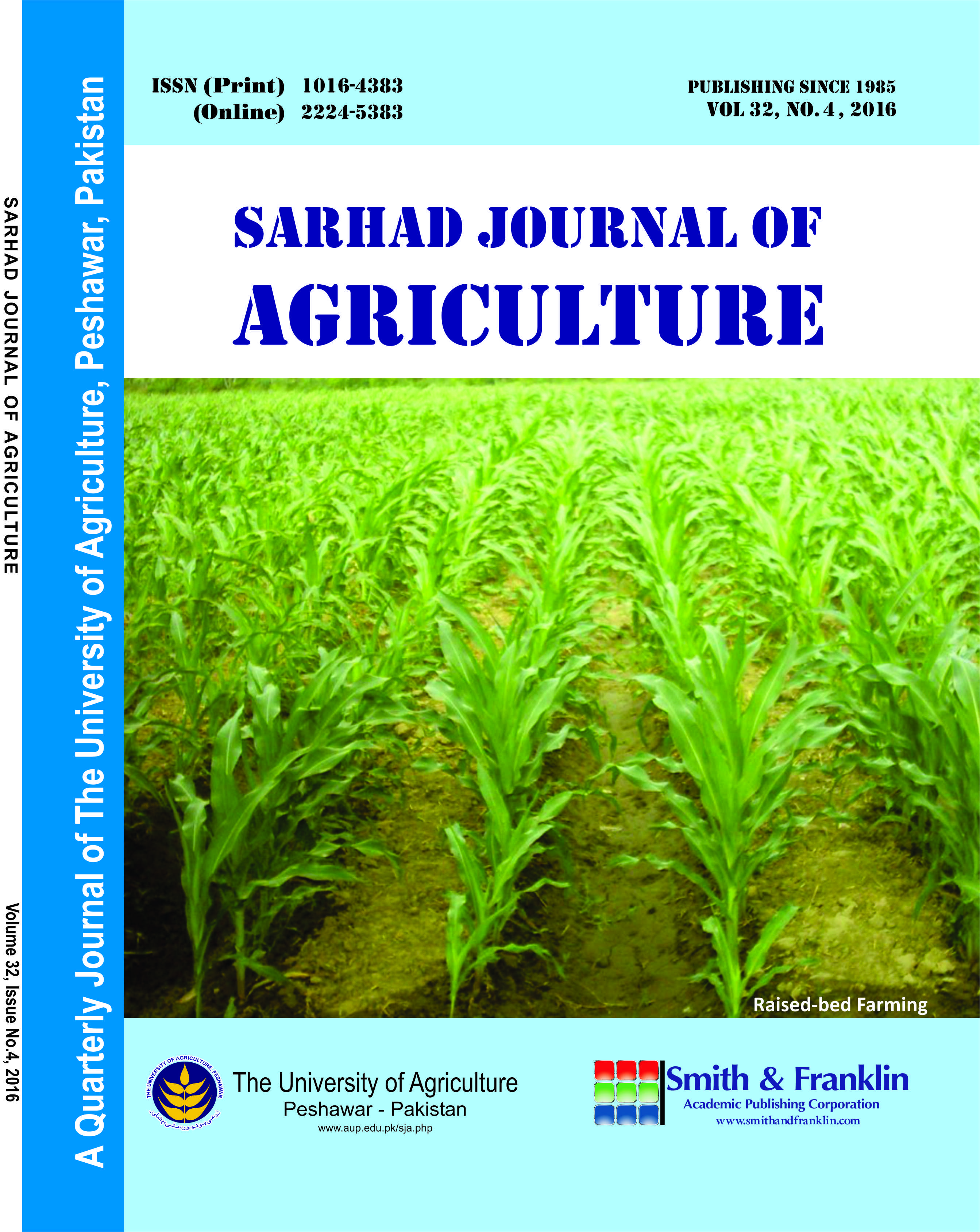Field pea (Pisum sativum L.) is one of the leguminous crops that is rich in protein and essential amino acids. A field experiment was conducted during the 2019 cropping season consisting of eight (Bursa, Burkitu, Adi, Herena, Hortu, Letu, T/shaman, and Weyib) improved field pea varietiesand one local variety at west Showa zone Oromia region to identify high yielding varieties. The experiment was carried out using a randomized complete block design with two replications at Babich, Goda Hora, Chelia Rafiso Alenga, EjersaLafo, and Goromti locations. Data on yield and yield-related traits such as harvest index, above-ground biomass, number of seed per pods, and hundred seed weights were recorded. Analysis of variance combined over five locations manifested significant differences among varieties, environment, environment, and varieties interaction for grain yield and other yield-related traits. The combined mean of grain yield of varieties indicated that Bursa (3.03 t/ha), Adi (2.84t/ha) and Weyib (2.83 t/ha) varieties had the highest grain yield advantage over the other tested varieties without significant difference among the order, whereas Burkitu (2.3 t/ha), Herena (2.35 t/ha) and Hortu (2.39 t/ha) varieties manifested low grain yield. Generally, it is better if the work is repeated in the future for more justification since it was only one season experiment and the grain yield stability test of the higher yield varieties is advisable before recommending the varieties for large-scale production at the studied area.








